4 Must Know African Streetwear Brands
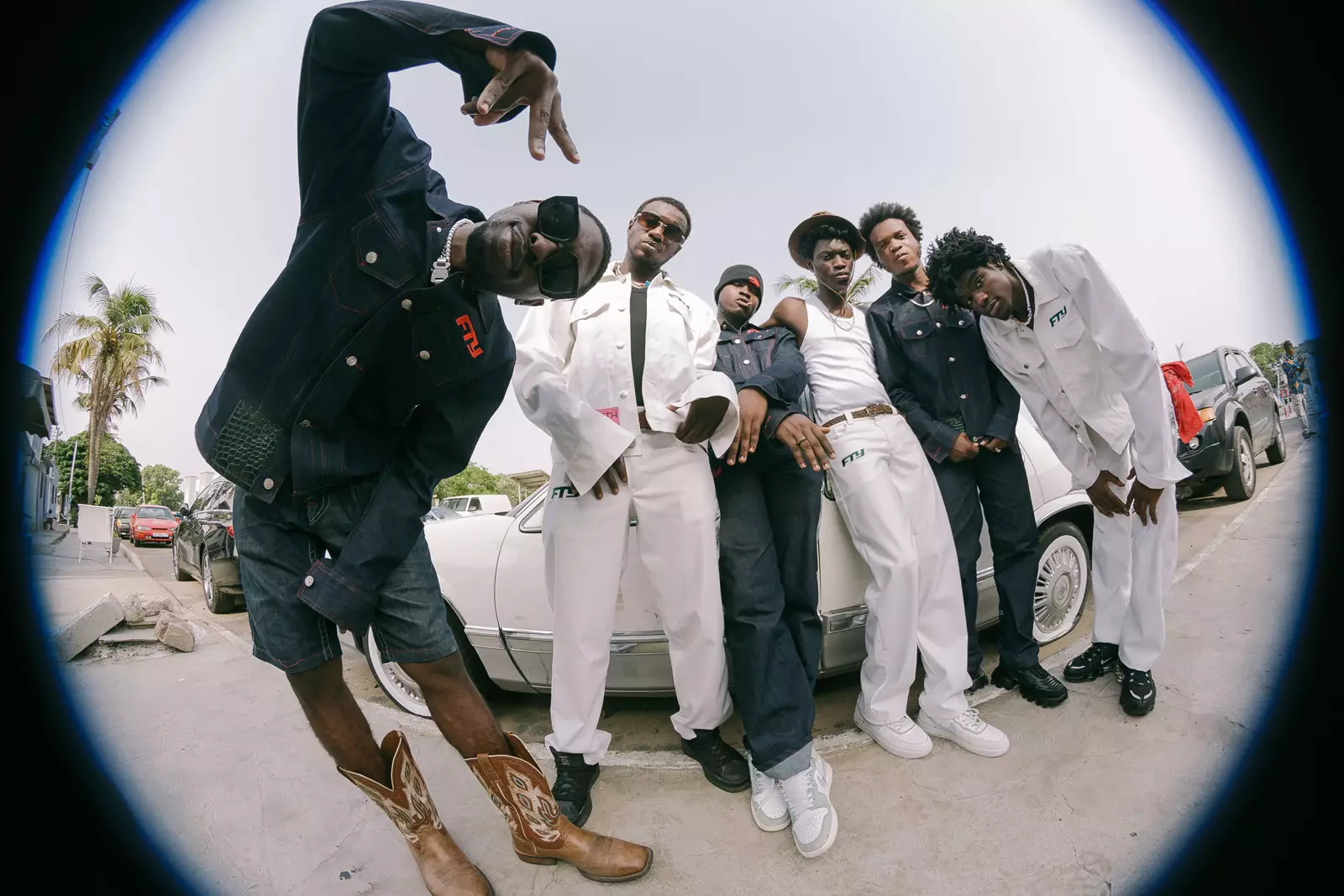
Over the past couple of years, Africa’s fashion scene has become a must-watch for fashion aficionados. Empowered youth influenced by a DIY attitude to fashion, music and arts have taken it upon themselves to create opportunities that, for so long, have not been available for them.
As a result, Africa has a keen appetite for high-end streetwear borne from a love for hip-hop culture and fashion originators like Sean John, Phat Farm and Ecko.
Now tapped into the likes of Off-White™, Fear of God, and Hood by Air, Africa’s youth are taking skate culture influences and streetwear’s hip-hop history and combining it with native cultures and aesthetics to create their own take on high-end streetwear garments. A fresh crop of African designers are making their presence felt in the fashion industry, and it is clear that there is a streetwear renaissance in Africa right now.
With futuristic style codes, a sense of community, and intricate styles that communicate varied realities, these are the four African streetwear brands you should keep an eye on:
Waffles N Cream
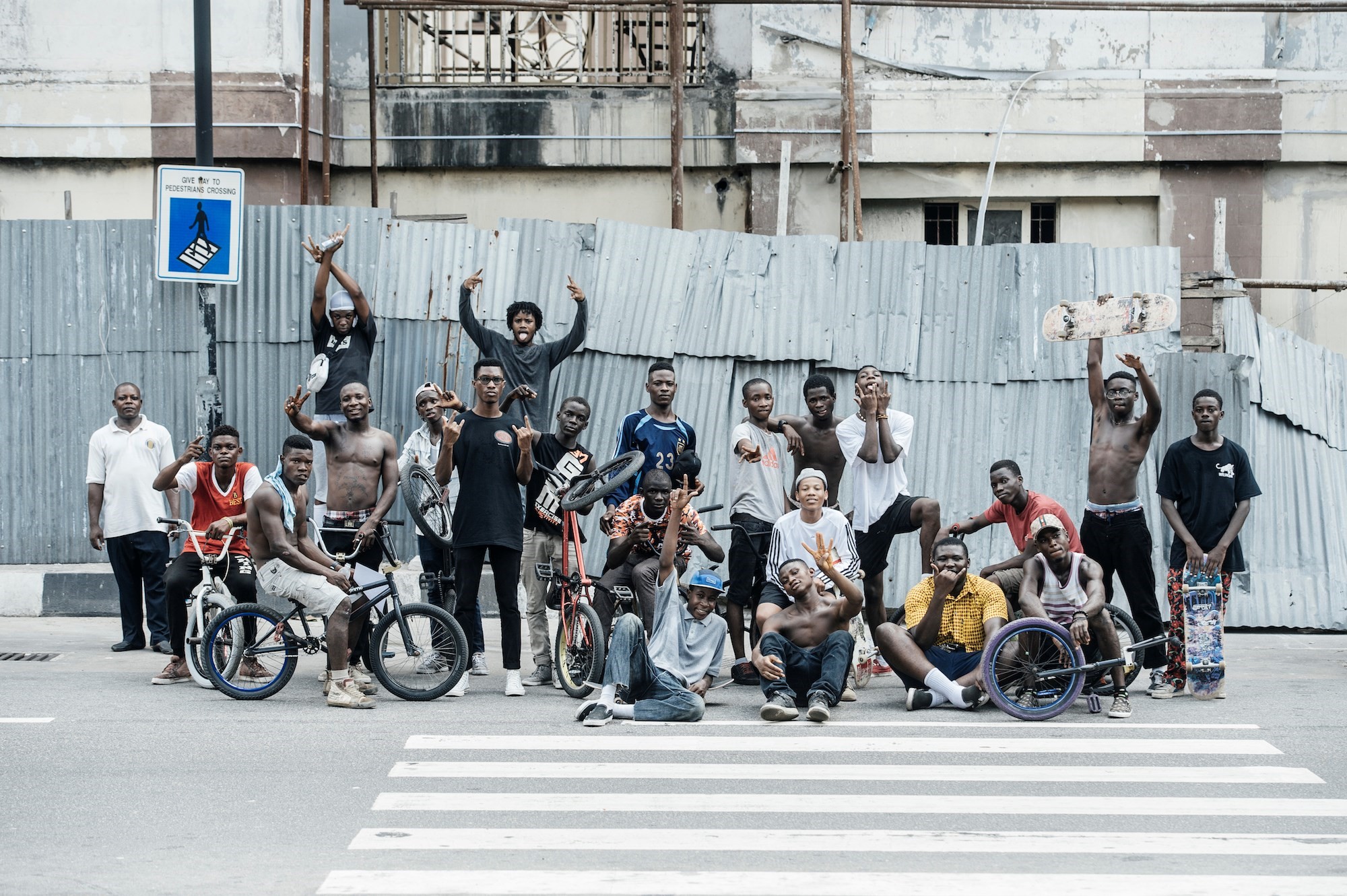
Founded in 2009 by Jomi Marcus-Bello, Waffles N Cream is Nigeria’s first skateboard inspired streetwear collective. Trailblazers in their own right, you’ve most likely come across the ‘waf.’ logo at some point. Now internationally recognised, the powerhouse streetwear brand has built a community of creatives who constantly release refreshed takes on streetwear pieces, alongside music mixes and events – all with an authentic cultural flair. Waffles N Cream has developed a skatepark, providing a space for the growing skateboard community in Nigeria that aims to supply space for the next generation to explore their creativity.
Ashluxe
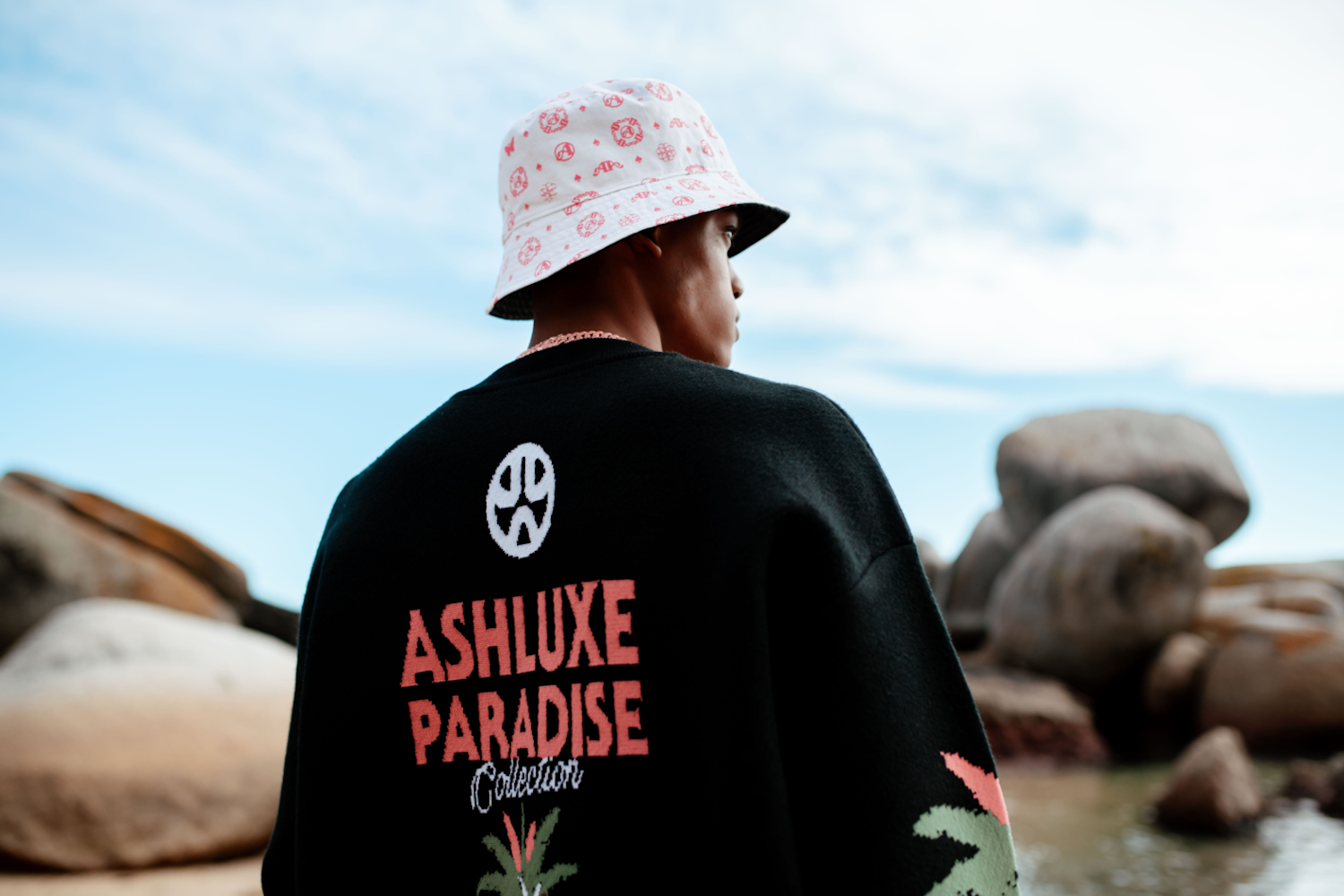
Ashluxe is a high-end streetwear brand that’s taken the African continent by storm. Created for the African millennial, Ashluxe is a rare class of high-end brands that have managed to strike the perfect blend of cultural influence, luxury and streetwear. A representation of the modern African youth, with its high quality, intricate streetwear takes, Ashluxe’s impact on fashion is apparent. Championed by international stars like Davido, Major League DJz and London’s Central Cee, the Lagos-based brand’s catalogue includes jackets, slides, tracksuits and a plethora of accessories. Ashluxe is reimagining luxury streetwear in Africa, and it won’t be long before we see Ashluxe stores in fashion hotspots.
Vivendii
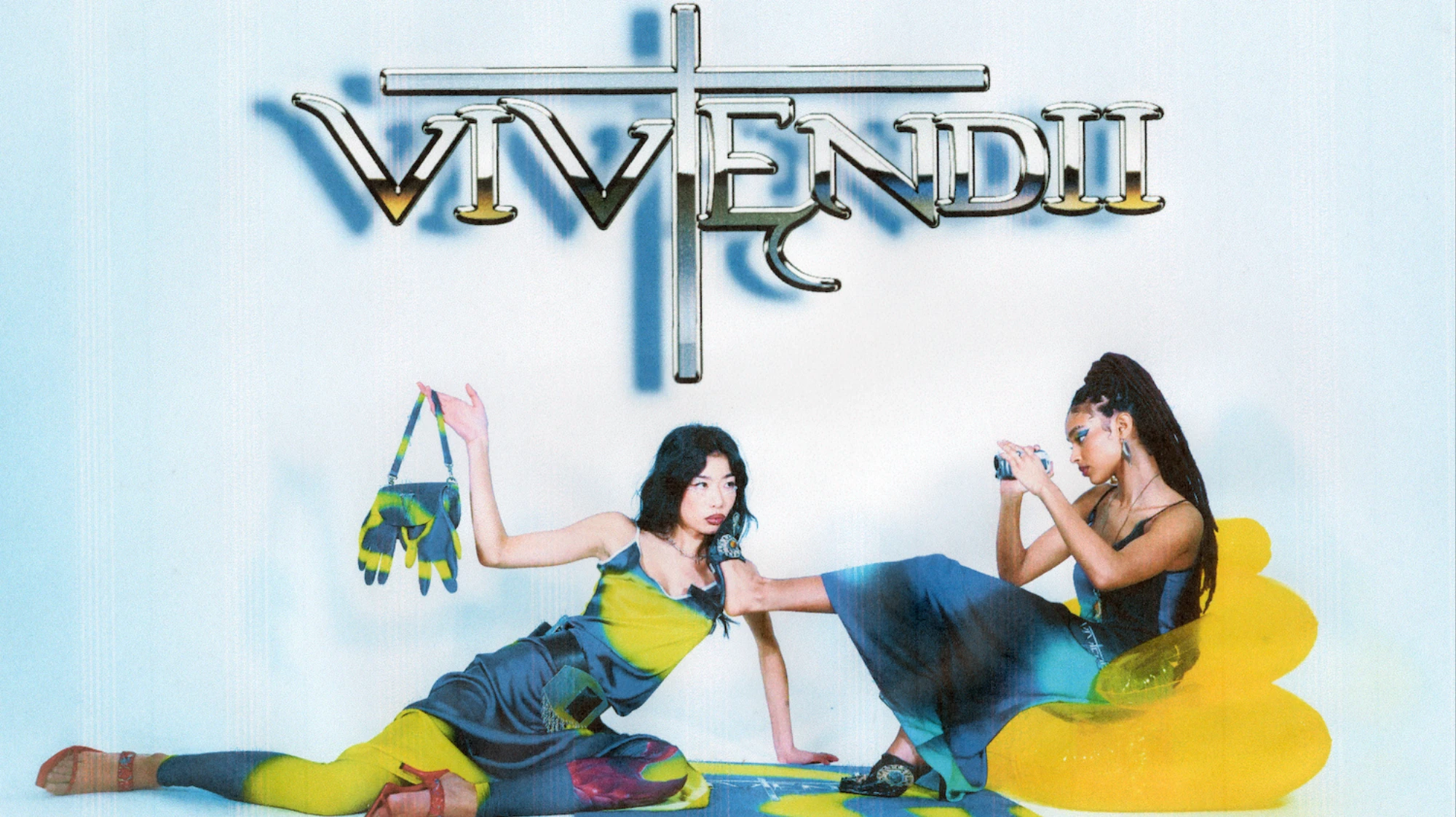
As a DJ collective that doubles as a fashion brand, Vivendii illustrates a new breed of African creatives. Boundaryless, Vivendii founders Kimmy Ayeni, Ola Badiru and Anthony Oye are at the front of an alté, afro-futuristic scene that is sweeping through Africa. Initially launched as a blog back in 2011, the trio would move into the fashion industry through their events and documenting London life. With a design aesthetic centred around Nigerian culture, Vivendii is championed by the likes of model Imaan Hammam. Their collaboration roster includes fashion industry pioneers such as former editor-in-chief of Vogue Italia, Roberto Cavalli and a limited-edition football shirt with Virgil Abloh’s Off-White™ imprint.
Free the Youth

Driven by stories true to the experience of Ghana natives, Free the Youth is taking it upon themselves to shape the narrative around fashion in Ghana. Founded on a shared dream and a love for fashion in 2013, Free the Youth has quickly become Ghana’s number-one streetwear brand, and according to its founders, they don’t just sell clothes, but they sell stories and sell hope. Using design to call attention to African stories, Free the Youth paid homage to the victims of a football stadium disaster with a screen-printed ‘1000 Injured’ t-shirt. The collective has been featured on Vogue’s 100 boundary-pushers list, has collaborated with Nike and Footlocker, and will be opening its first flagship store in Accra this month.
Discover more from GUAP’s Fashion section here





![ZINO VINCI’S ‘FILTHY & DISGUSTING’EP BRINGS YOU TO THE CORE OF THE ARTIST [@ZinoVinci]](https://guap.co/wp-content/uploads/2023/10/Zino-4.jpg)

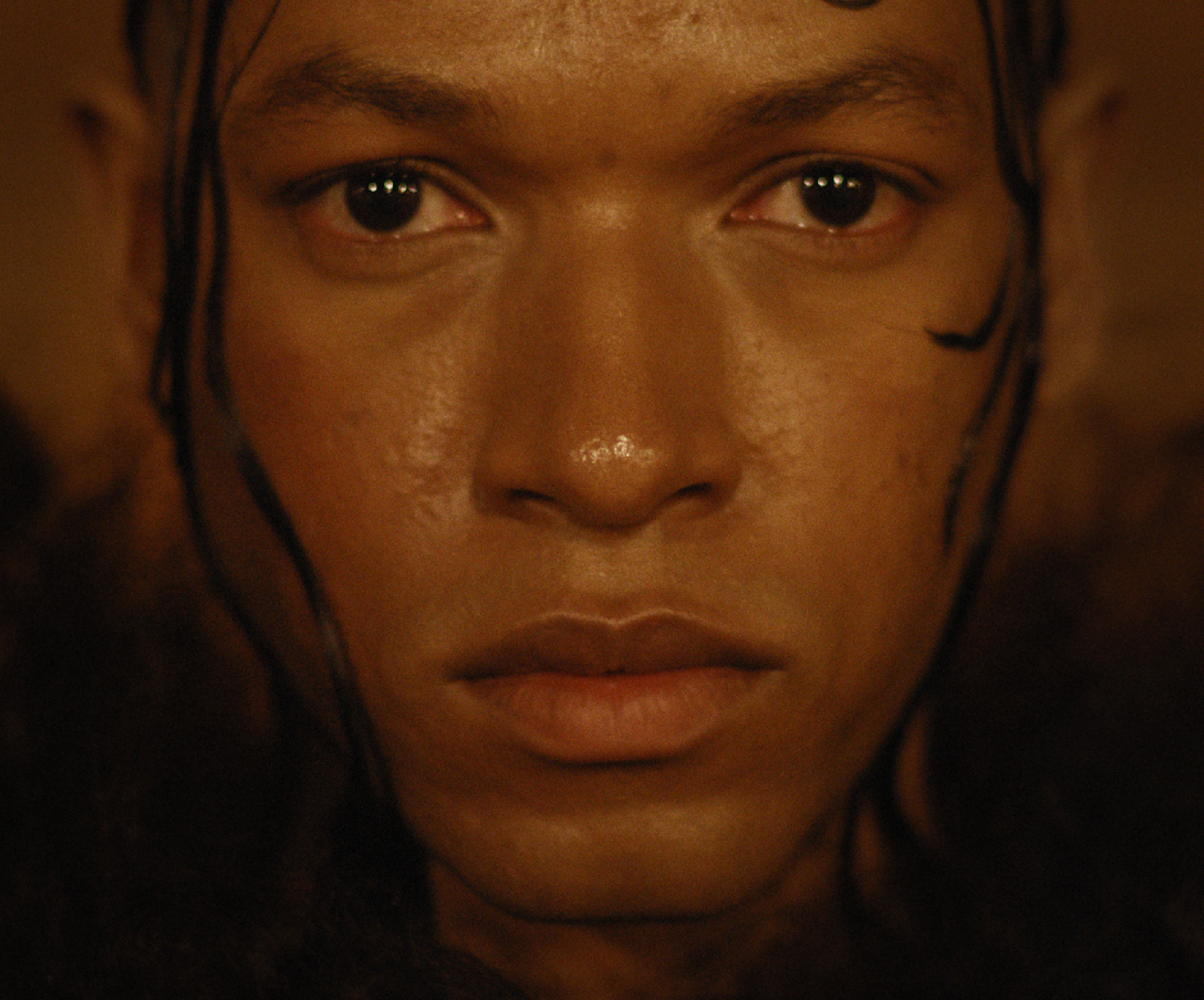
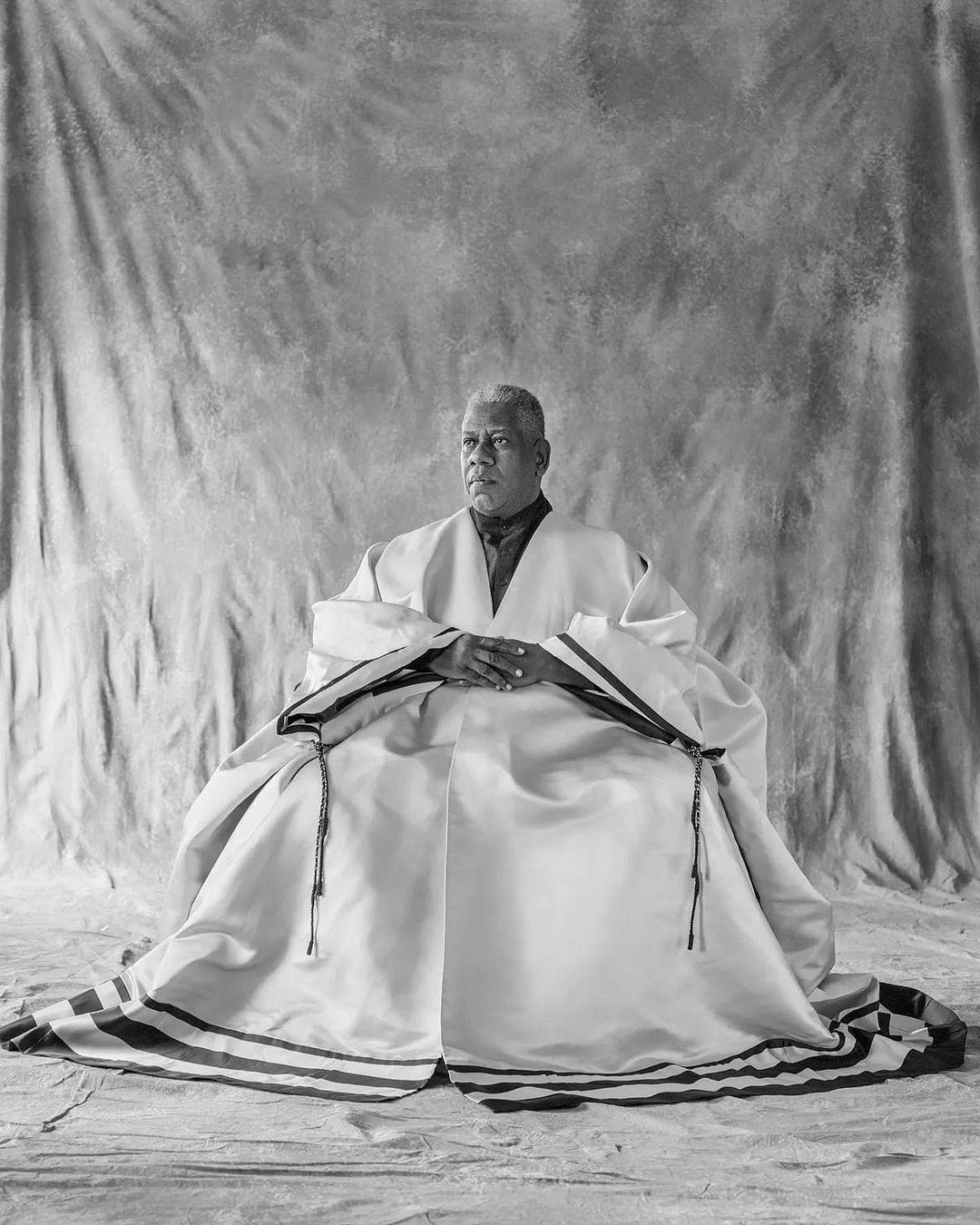

1 Comment
[…] brands. Now in its fifth year, the festival has fast become the premier destination for all things streetwear on the African continent and has succeeded in unifying a previously split-up streetwear community, propelling it to new […]
Comments are closed.